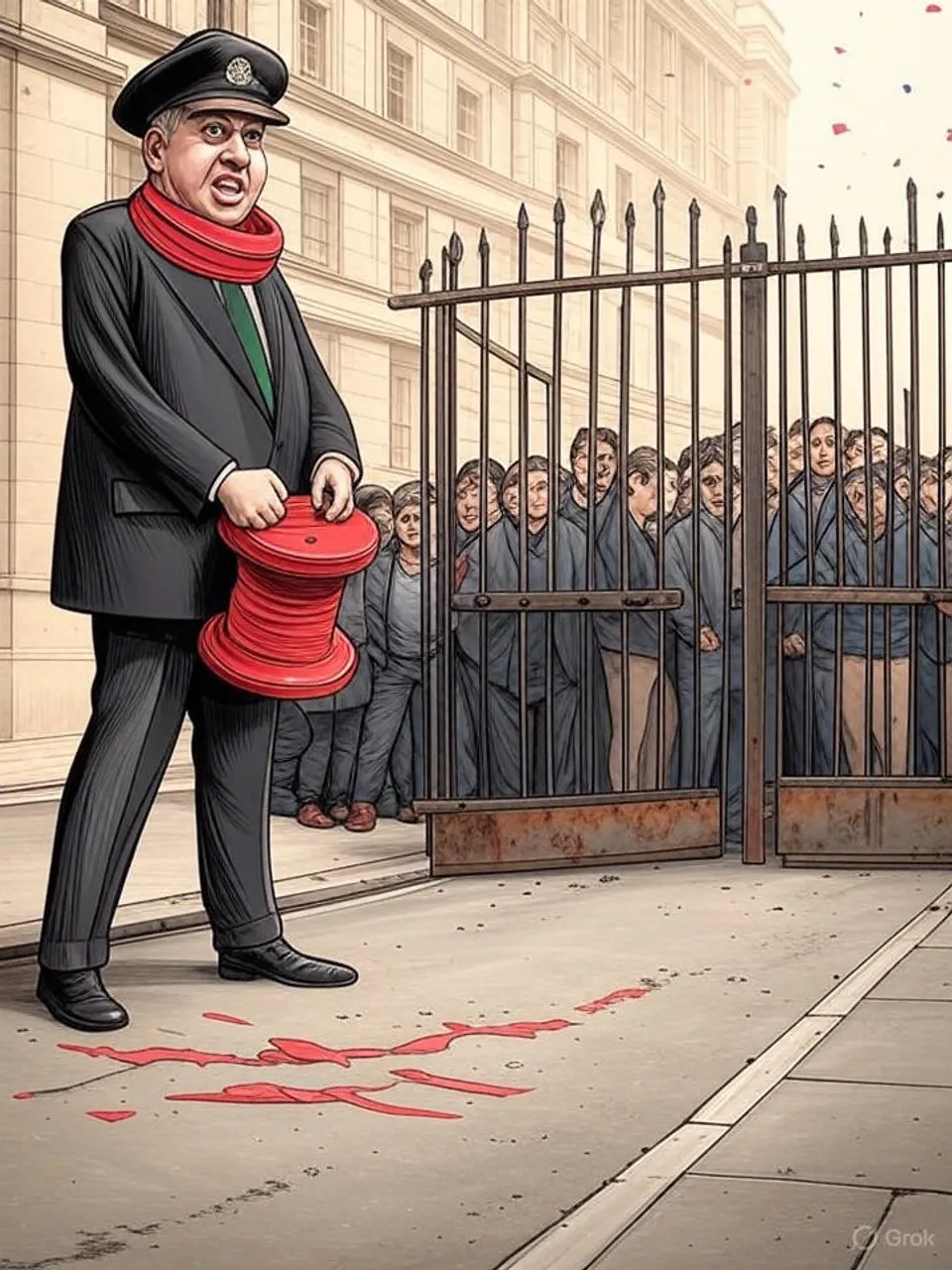UK's Gaza Student Scheme Delivers Partial Mercy

Dependants Gain Entry Rights, But Financial Proof Bars Most
The UK's reversal on allowing Gazan students' families highlights policy inconsistencies and bureaucratic barriers in humanitarian aid. It underscores declining institutional foresight amid rigid immigration rules. (142 characters)
The UK government announced on 30 October 2025 that dependants of certain Gazan PhD and master’s students can now join them in the country. This reverses an earlier policy that permitted only the students themselves to evacuate. The change addresses complaints from scholars who refused to leave family behind, yet it applies solely to those on fully funded scholarships like Chevening or research degrees.
Eligibility demands proof of financial self-sufficiency. Dependants must cover living costs, up to £6,120 outside London or £7,605 in the capital. For families fleeing Gaza’s destruction—where over 65,000 have died since October 2023—these sums represent an insurmountable barrier.
Seventy-five Gazan students have arrived since the scheme launched last month. A third group of 17 landed on Monday. But six master’s students bound for Glasgow now forfeit their places, arriving too late for this academic year.
The policy reversal came after public outcry from academics and charities. Manar al-Houbi, a PhD candidate at the University of Glasgow, called it a “wise and fair decision” that prevents women from sacrificing careers for family duties. Yet her relief highlights the initial oversight: UK officials designed the evacuation without accounting for basic human ties.
This scheme operates until year’s end, with no successor outlined. Universities like Glasgow pledge to hold spots for delayed arrivals, but limbo persists for those affected. The BBC reports the university declined further comment, underscoring administrative caution over transparency.
Gaza’s war context amplifies these flaws. Triggered by Hamas’s 7 October 2023 attack killing 1,200 Israelis and taking 251 hostages, Israel’s response has razed schools and universities. A US-brokered ceasefire this month returned 20 living hostages, but fresh strikes killed 104 Palestinians this week, per Gaza’s health ministry.
UK policy here mirrors broader immigration rigidities. Dependants face the same stringent rules as other applicants, despite the students’ “appalling ordeal,” as ministers described it. This case-by-case approach promises flexibility but delivers bureaucratic hurdles, sifting families through financial proofs amid displacement.
Historical precedent shows similar inconsistencies. In 2015, the UK resettled 20,000 Syrian refugees with family reunification baked in from the start. Gaza’s program, by contrast, required external pressure to include dependants, revealing diminished foresight in humanitarian responses.
Institutional capture explains the delay. Home Office rules prioritize fiscal controls over compassion, even for scholarship holders whom the UK actively recruits. Officials celebrate “world-class universities” as a draw, yet the scheme’s gaps—financial tests, time limits—undermine that appeal.
Cross-party patterns persist. Labour’s government, in power since July 2024, inherited the initial policy from Conservatives but chose reversal only after media spotlight. Both sides enforce immigration caps that clash with foreign policy goals, like bolstering UK’s global image through education aid.
Economic pressures compound this. With UK living costs soaring—rents up 8.6% in 2024—demanding £7,605 from Gazan families ignores their reality: most infrastructure destroyed, no access to savings. This exposes a system that preaches opportunity but enforces exclusion.
Social implications ripple outward. Trust in UK institutions erodes when policies flip under duress rather than principle. Polls show 62% of Britons view immigration as a top concern, per Ipsos October 2025, fueling debates that overlook humanitarian nuances.
The six stranded Glasgow students illustrate systemic failure. Their “hard-earned places” vanish not from conflict but from evacuation timelines misaligned with academic calendars. Dr. Nora Parr, coordinating support, termed it “cruel limbo,” a phrase that captures how UK bureaucracy prolongs suffering.
Broader decline emerges in these mechanics. UK soft power, once projected through open scholarships, now contends with visa fortresses. Governments across decades promise global leadership yet deliver patchwork aid, where eligibility trumps equity.
This Gaza episode reveals entrenched dysfunction: reactive fixes mask structural flaws in immigration and foreign aid. Ordinary citizens fund universities and diplomacy, but reap inconsistent outcomes. Power flows to rule-makers who evade accountability, perpetuating a cycle where humanitarian intent buckles under fiscal dogma.
Commentary based on Dependants of Gaza students can come to UK, government says at BBC News.